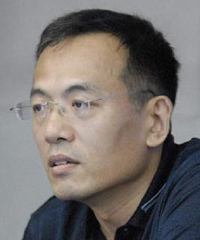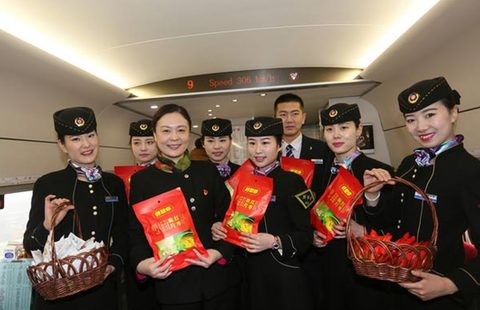Silk Road Fund gets up and running with key team in place
By Li Xiang (China Daily) Updated: 2015-02-05 07:34China's $40 billion Silk Road Fund is moving forward steadily as its management team has taken shape.
Wang Yanzhi, an official with the country's foreign exchange regulator, has been named the general manager of the fund, according to a report by the Chinese business magazine Caixin.
 |
|
Wang Yanzhi, reportedly appointed general manager of the Silk Road Fund |
Wang, known for his experience in managing the country's foreign exchange reserves, is currently the director of the entrusted loan office at the State Administration of Foreign Exchange.
Jin Qi, 59, who is the assistant governor of the People's Bank of China, the central bank, will be the fund's chief executive, while Zhu Surong, governor of the Urumqi branch of the PBOC in the Xinjiang Uygur autonomous region, will be one of the board members of the fund, according to Caixin.
The fund, announced by President Xi Jinping in November, is part of China's national strategy to revive the land-based and maritime Silk Roads by financing major infrastructure projects along the centuries-old trading routes.
It has drawn wide international attention as it is by far the largest fund China has ever proposed to finance multilateral projects in the Eurasian economic circle.
About 65 percent of the fund will come from the country's nearly $4 trillion foreign exchange reserves.
China Investment Corp, the country's sovereign wealth fund, will hold 15 percent stake in the Silk Road Fund. Two other State-owned financial institutions-the Export-Import Bank of China and China Development Bank Capital Co-will hold the rest of the stake, according to previous media reports.
The fund has been viewed as a good alternative to the China-led Asian Infrastructure Investment Bank for financing infrastructure projects such as high-speed railways, airports and roads in Asia.
Analysts have said that the fund will help expand international markets for the Chinese industries including construction, equipment manufacturing, utilities, high-speed railway, oil and energy, some of which are struggling with excess capacity at home.
- China cuts bank reserve requirement to spur growth
- Qihoo pays record price for full rights to 360 domain
- New-style TV makes its debut in Beijing
- China to cut RRR by 50 basis points
- Spring Air's surge lures investors - and low-cost rivals
- China stocks close lower Wednesday
- Tax law draft closes public consultation
- China to restrict use of screen names

















